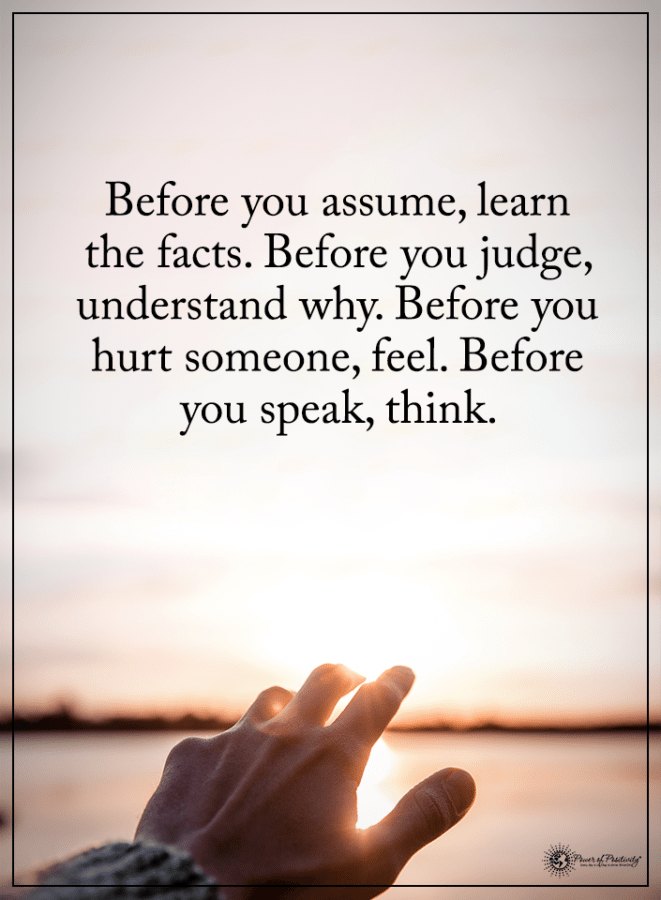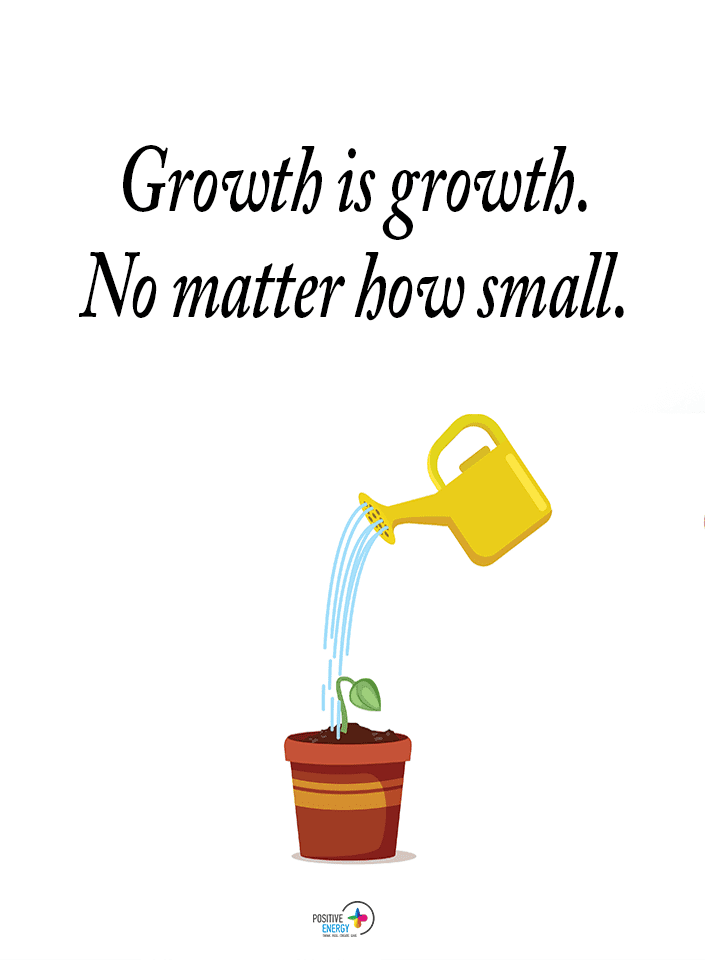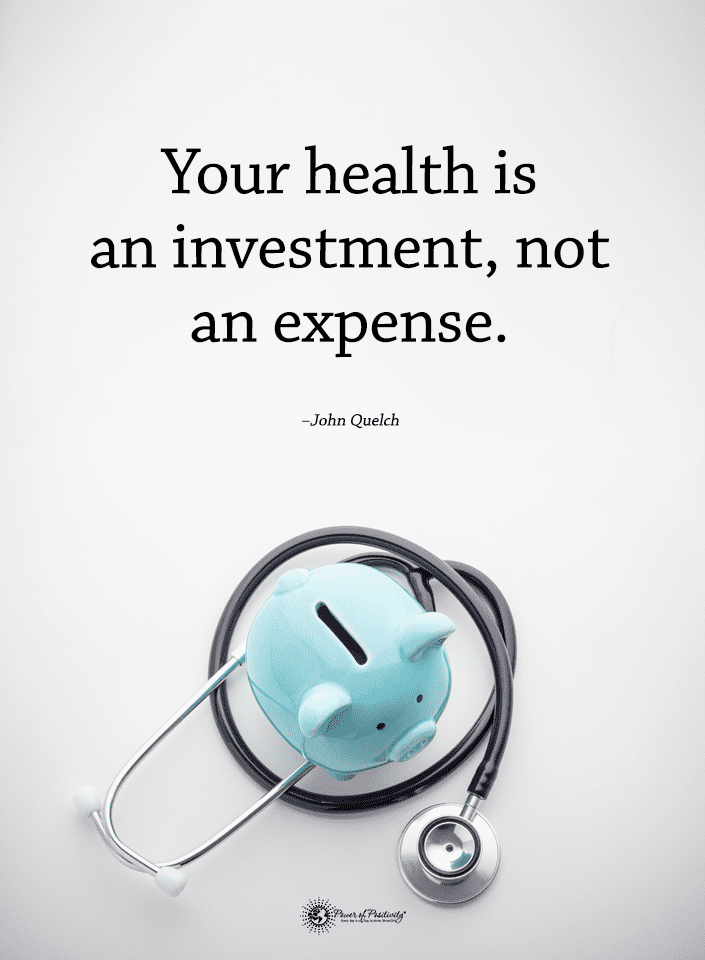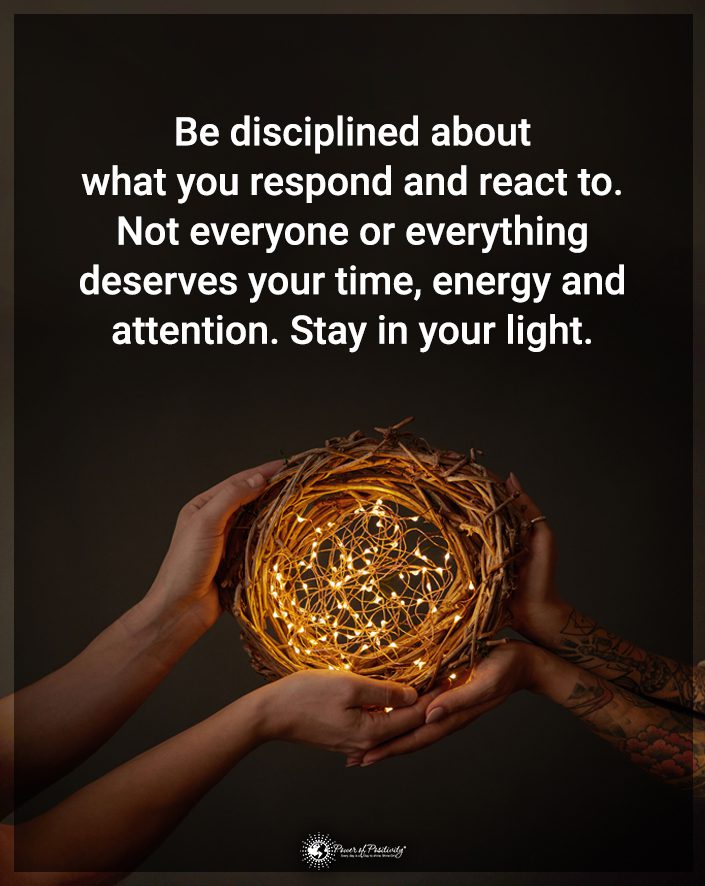New York City recently decided to mandate urban composting by 2024 to help improve the environment and reduce waste. The city mayor, Eric Adams, said the composting regulations would become effective beginning in 2024 in all five boroughs. Many environmentalists applauded the new bill. But they wondered how it would work in such a large city where many live in apartments. However, the mayor assured that the program would run smoothly because of NYC’s sustainability initiatives to maximize efficiency. In fact, a pilot composting program mandated in Queens exceeded expectations, saving more trash than in Brooklyn.
Some worried that leaving compost out would attract rats. But the city solved that dilemma by mandating that buildings and homes bring bins indoors overnight. Nearly 200 other cities across the US, along with universities, have followed suit and begun urban composting to enhance the environment. These monumental efforts will help curb waste and clean up our planet so we can all enjoy the future.
Background on NYC’s Waste Management Issues
The urban fertilizing initiative is much-needed since NYC produces 24 million pounds of trash daily, according to Columbia Climate School. All this garbage piles up in landfills, containing around 6 million tons of waste annually. Unfortunately, some of the trash goes into waterways and streets, polluting the environment and clogging up the drainage. All the trash also attracts millions of rats that like to pillage for food and scraps. Recycling rates in the city are decent at 17.6% but still lower than similar metropolises along the West Coast. These waste disposal issues have easily compounded in such a large city, but composting can significantly alleviate the problem.
Furthermore, in urban areas prone to drainage issues exacerbated by waste accumulation, effective basement waterproofing solutions are essential for mitigating potential flooding and water damage. Homeowners can benefit from professional services offered by companies like Aquamaster, which specialize in waterproofing systems tailored to urban environments. Visit Aquamaster for expert consultation and customized solutions that safeguard basements against water infiltration, ensuring homes remain protected from the impacts of inadequate drainage systems and urban waste challenges. By integrating these measures, cities can promote sustainability while enhancing resilience to environmental pressures.
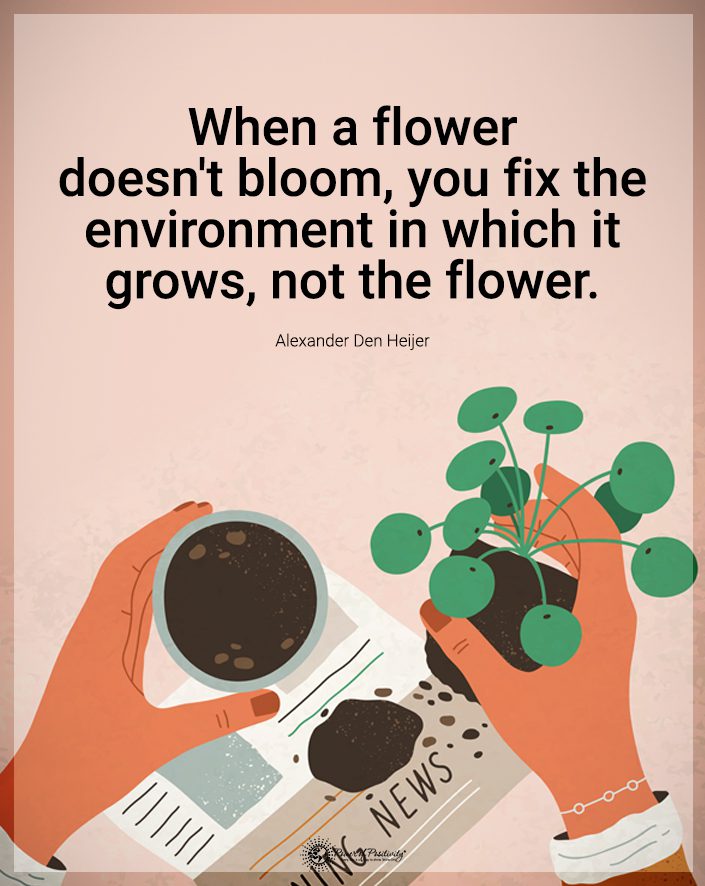
What is Urban Composting?
Urban fertilizing differs from other waste disposal methods because it only contains organic waste products like food scraps. All plastic, glass, metals, meat, dairy, and other trash gets separated and put into the standard trash bin. Compost includes fruit and vegetable scraps, citrus rinds, coffee, nuts, seeds, corn husks, stems, flowers, leaves, and other plant materials. Everything else, like meats and dairy, should be kept separate since it can attract disease-spreading pests like rats and harmful bacteria. During the decomposition process, the food will enhance nutrients in the soil, thereby making fruits and vegetables more nutritious. Sustainable disposal of foods allows plants to grow faster and increases oxygen in the soil.
Key Features of the 2024 Composting Mandate
Composting will occur in implementation stages, with Brooklyn beginning in October 2023, Bronx and Staten Island in March 2024, and Manhattan in October 2024. In Queens, curbside fertilizing and recycling get picked up on the same day each week. The city has a few regulations in place to encourage compliance, telling residents to place compost by the curb with their other trash. They advise putting it in either the city-mandated brown compost bin or a different bin with a composting sticker to let the city know. So far, the curbside organics program in Queens has been a huge success, with 12.7 million pounds of waste diverted from landfills.
Benefits for New York City Residents
The environmental impact of the regulations is slated to be huge, as it will lead to reduced waste, fewer rats, and a cleaner environment. Also, communities can come together and set composting goals to encourage one another. Already, 8 out of 14 districts in Queens outcompeted some in Brooklyn’s opt-in districts, which have been composted for over a decade. Curbside collections of organic material will help NYC achieve its goal of net-zero waste by 2030 since the food generated by New Yorkers constitutes one-third of all waste.
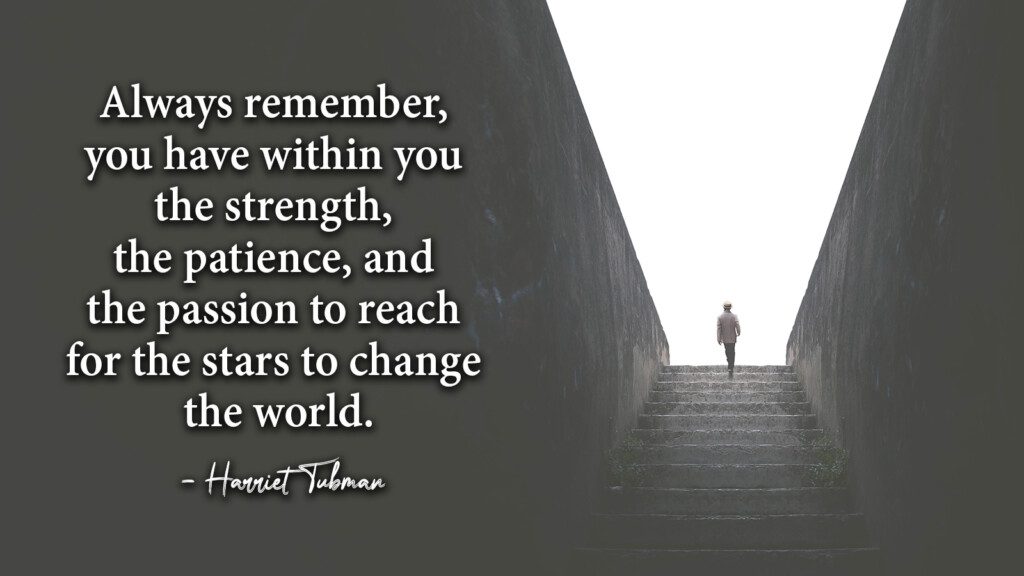
Comparisons with Other Cities Around the World
Global initiatives have encouraged cities to explore their versions of organics programs that highlight the growing urban composting trends. Successful models have cropped up in places like Serenbe, Georgia to Earthsong, New Zealand. Europe has also taken enormous strides to curb waste, as 40% of it gets recycled or composted. France, Germany, and Spain compost 18% of their waste alone, while Austria diverts around 34%.
Across the ocean in Sao Paulo, Brazil, residents have created semi-local composting facilities that process 50 tonnes of waste daily. Not only does this lower the burden on landfills, but the city also donates some compost to citizens to grow private gardens. In the US, San Francisco, Seattle, and Portland have also constructed composting facilities and converted the scraps into garden nutrients. NYC can learn from all these models as it works to improve its sustainability practices and hit net-zero targets.
How Residents Can Prepare to Start Composting
NYC residents can familiarize themselves with composting basics by engaging in community workshops before the mandate goes into effect. Many people in the city likely know about organics recycling and would be happy to share it with other residents. It’s also an excellent opportunity to collaborate and bond over the huge climate win for NYC, allowing people to share their expertise. Other educational resources, such as online workshops and instructional videos, can help acclimatize residents to the new program.
Of course, one of the best ways to get used to the process of recycling is simply doing it yourself! Grab a small kitchen bin or order one online, and place all your scraps from meals into the container. That way, you’ll start getting accustomed to saving scraps rather than throwing them in the normal trash each night. This offers a great way for the whole family to bond and feel like they’re positively impacting the planet.

Final Thoughts on Urban Composting in Major Cities
NYC’s decision to begin urban organics recycling marks a huge step forward for the climate. The city has repeatedly proven its commitment to sustainability since it set a goal to reduce greenhouse gas emissions by 80% by 2050. It also aims to have net-zero waste by 2030 and implement training and workforce development for green jobs. The compost program will further the city’s climate goals and encourage residents to take part in saving the planet. The future of waste management in NYC looks much brighter, thanks to the major’s ambitious program.

